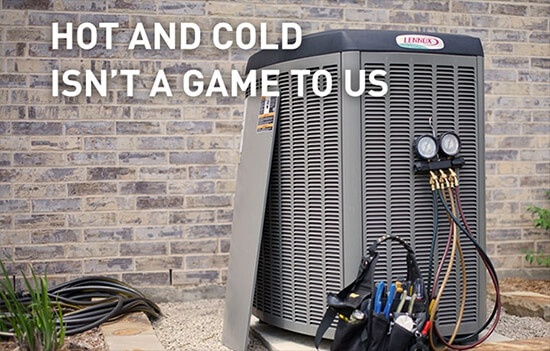What is a Precision Tune Up? And Why Do I Need One?
Keeping your system properly maintained will lower energy and repair cost, prevents breakdown and prolong the life of your equipment.
At Custom Comfort, we recommend a bi-annual tune up by one of our highly trained licensed technicians.
Ask about our Preventive Maintenance Agreement
More than likely, your heating and cooling system is the most expensive piece of equipment you have in your home. By keeping it tuned up, just like your car you are protecting your investment.
 Regular tune-ups help prevent breakdowns, which means fewer repairs, improved comfort and longer equipment life. Most important, it keeps you and your family safe.
Regular tune-ups help prevent breakdowns, which means fewer repairs, improved comfort and longer equipment life. Most important, it keeps you and your family safe.
Ask a Custom Comfort Air near you to perform a heating or cooling Precision Tune-up. That way, you’ll have peace of mind knowing your system is working efficiently to keep you comfortable inside, no matter what the weather’s like outside.
Not Sure Your System Needs a Tune-Up?
Consider this: Field surveys conducted have shown that most heating and cooling systems do not perform to manufacturers’ specifications. Of the systems tested, 90% were found to have efficiency problems, 60% had inadequate airflow and more than 80% were operating in adverse conditions, resulting in excessive energy consumption and early mechanical failures.
In cases like these, a Precision Tune-up can help correct problems before they become costly emergencies. We’ll also check to make sure everything was installed correctly for the best performance and efficiency.
Each Cooling Inspection Will Include:
- Inspect coolant levels and pressure to ensure your system runs at peak efficiency
- Calibrate thermostat(s) and check proper cycle and temperature to improve comfort and control
- Inspect and tighten wiring, contacts, capacitors and relays to avoid expensive repairs
- Ensure the evaporator coil is clean
- Ensure the condensate drain is clear
- Inspect and clean the condenser
- Inspect the outdoor disconnect switch
- Inspect the condenser fan motor and blades; lubricate if needed
- Check compressor amps at startup
- Carry out additional safety and efficiency checks
- Check filters
Each Heating Inspection Will Include:
- Calibrate thermostat
- Check and adjust airflow for proper temperature rise
- Check and adjust blower components
- Lubricate all moving parts (if accessible)
- Check and adjust burner operation
- Clean and inspect heat exchangers and burners
- Check high limit control
- Check operation of heating elements & all electrical connections
